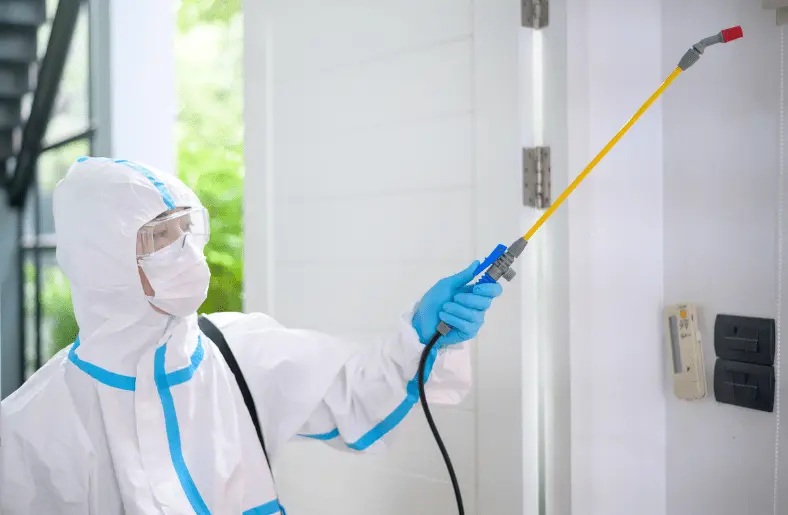Residential window replacement is a vital yet often overlooked aspect of home improvement
that can significantly impact energy efficiency. Homeowners are becoming more and more interested in solutions that save costs and improve the comfort of their living areas as energy prices continue to increase. We will explore how a residential window replacement company can assist in
upgrading windows, leading to improved energy performance and overall savings. Using
modern materials, technologies, and installation practices, these companies provide valuable
services that help transform homes into more energy-efficient environments.
The Role of Window Quality in Energy Efficiency
The quality of windows plays a critical role in a home’s energy efficiency. Older windows often
lack the insulating properties of modern alternatives, leading to significant heat loss in winter
and heat gain in summer. By partnering with https://maverickwindows.com/window- replacement-Conroe/, homeowners can access high-performance windows designed with advanced materials and construction techniques. For instance, double or triple-pane windows create a barrier that minimizes heat transfer. At the same time, low-emissivity (Low-E) coatings reflect infrared energy, keeping interiors warmer in winter and cooler in summer. These innovations help reduce the reliance on heating and cooling systems, leading to lower energy bills and a more comfortable living space.
Moreover, proper installation is just as crucial as the quality of the windows. A professional
window replacement service ensures that windows are installed precisely, minimizing gaps that
allow air leakage. Air leaks can drastically undermine energy efficiency, even with high-quality
windows. Proper sealing and flashing techniques during installation can prevent drafts,
enhancing a home’s thermal performance. This comprehensive approach, focusing on the
product and its installation, is essential for maximizing energy savings.
Understanding Energy Ratings and Their Importance
Homeowners frequently come across a number of energy ratings while contemplating new windows, such as the U-factor, Visible Transmittance (VT), and Solar Heat Gain Coefficient (SHGC). Each of
these ratings provides insight into how windows perform in different aspects of energy
efficiency. The U-factor measures the window's insulation capabilities, indicating how much heat
escapes. A lower U-factor signifies better insulation, making it a critical consideration for cold
climates. Conversely, the SHGC measures how much solar heat is transmitted through the
window, impacting energy consumption for cooling. Choosing windows with the right balance of U-factor and SHGC is essential for optimizing energy efficiency, especially in regions with
extreme temperatures.
A reputable window replacement company will help homeowners navigate these ratings,
ensuring they select windows that suit their needs and local climate conditions. By
understanding these factors, homeowners can make informed decisions that lead to substantial
energy savings over time. Additionally, many window manufacturers now provide energy-
efficient certifications, such as the ENERGY STAR label, which helps homeowners identify
windows that meet rigorous energy efficiency guidelines. By opting for certified products,
homeowners can further enhance their homes' energy performance while benefiting from
potential rebates or incentives offered by local utilities.
Enhancing Comfort and Indoor Air Quality
Replacing old windows with energy-efficient options saves money and enhances overall comfort
and indoor air quality. Drafty, poorly insulated windows can create uneven temperatures within a
home, leading to hot and cold spots. This discrepancy may reduce the enjoyment of living environments and have an impact on residents’ well-being. By lowering temperature swings, energy-efficient windows contribute to a steady indoor climate, making living spaces more pleasant all year round.
Moreover, modern windows are designed to be more airtight, which helps prevent unwanted
pollutants and allergens from entering the home. This is particularly important for individuals
with respiratory issues or allergies. A better living environment enhances general well-being, and improved indoor air quality contributes to this. Furthermore, many energy-efficient windows are
also designed to block harmful UV rays, protecting furnishings and flooring from fading while
also helping to reduce glare. This holistic approach to window replacement encompasses
comfort, health, and aesthetics, making it a worthwhile investment for homeowners.
Long-Term Financial Benefits of Energy-Efficient Windows
While the initial investment in energy-efficient windows may be higher than standard options,
the long-term financial benefits often outweigh the costs. By reducing energy consumption,
homeowners can expect lower utility bills, contributing to the return on investment over time.
Additionally, many window replacement companies offer warranties that cover both the windows
and the installation, providing peace of mind and protection against future expenses related to
repairs or replacements.
Moreover, energy-efficient windows can increase a home's overall value. As energy efficiency
becomes a more significant selling point in the real estate market, potential buyers often
prioritize homes that offer modern, energy-saving features. This not only improves the property's
marketability but can also result in a higher resale price. In many cases, homeowners find that
the investment in new windows pays off significantly when they decide to sell their home, further
reinforcing the financial advantages of energy-efficient upgrades.
Also Read: Guide to Luxury Interiors
Partnering with a residential window replacement company can significantly enhance a home's
energy efficiency. Installing high-performance windows, which provide better insulation, appropriate sealing, and improved efficiency ratings while enhancing comfort and indoor air quality, can result in significant energy bill savings for homeowners. Furthermore, the long-term financial
benefits, including increased home value and reduced utility costs, make this investment a wise
choice for any homeowner. Homeowners may benefit from a more energy-efficient living area that suits their demands for many years by carefully choosing an established company and being aware of their possibilities.




